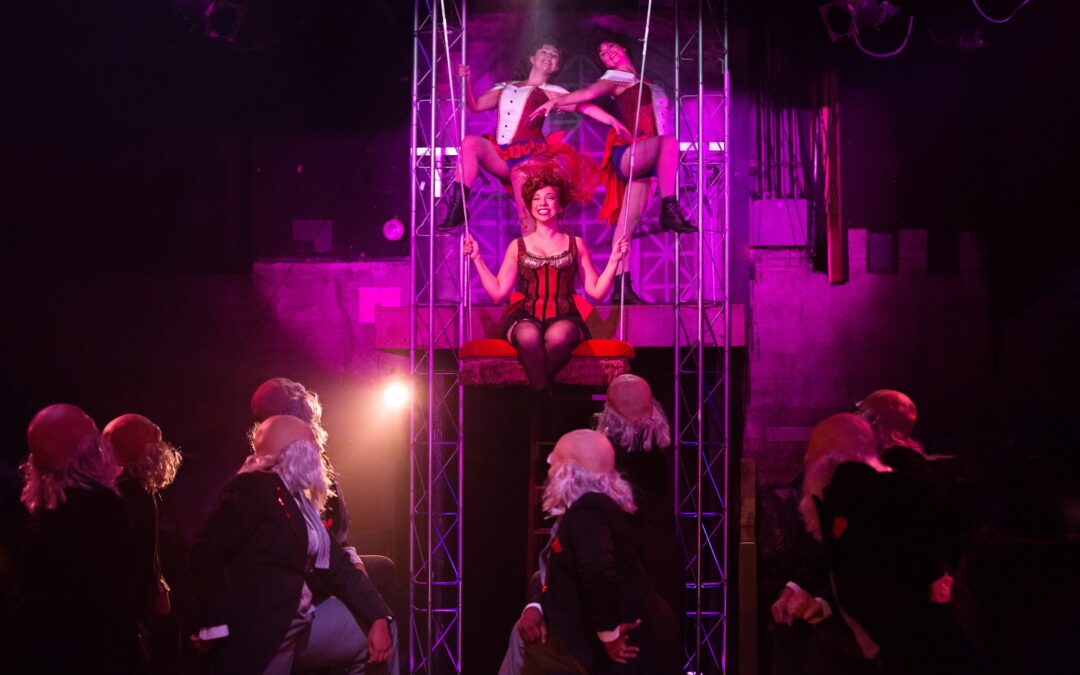
by Jack Gohn | Oct 2, 2015 | The Close Up, Theater Reviews and Commentary
The America depicted here is a place of quests: Father’s for the unknown horizon, Tateh’s for a land where he and his daughter can prosper, Coalhouse’s for reuniting with Sarah and raising his son in a world where blacks are regarded and treated as equals. To these quests might be added two more: Younger Brother’s for some ideal he can build a life around and Mother’s, a quieter one, to nurture a family, whatever contours her decency and generosity cause it to assume. And all of these quests are played out among the novelties and sensations of an exuberant American decade: among the things which will figure in the plot are Henry Ford’s Model T, J.P. Morgan’s library of priceless incunabula, the notorious charms of uber-courtesan Evelyn Nesbit, and the antics of escape artist Harry Houdini.
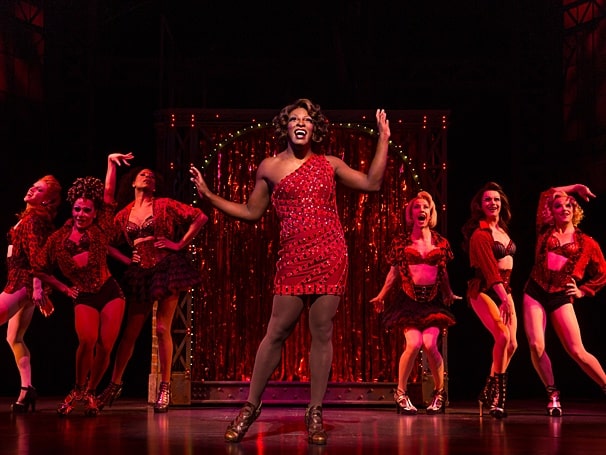
by Jack Gohn | Oct 2, 2015 | The Close Up, Theater Reviews and Commentary
Take the basic problems presented in Brassed Off, Local Hero, and The Full Monty, i.e. the deindustrialization of Britain and resulting working-class unemployment, observe those problems with the wry humor of those films, add drag performers from La Cage Aux Folles, a sensitive trans person of color from The Crying Game, a “love thyself” theme from Hairspray, and a romance between factory boss and subordinate straight out of Pajama Game. Stir well, and voilà!, you have a tale of a band of shoe workers and their manager who resist the oblivion that awaits British manufacturing by switching from ordinary cobbling to fabricating a line of sexy boots for drag performers
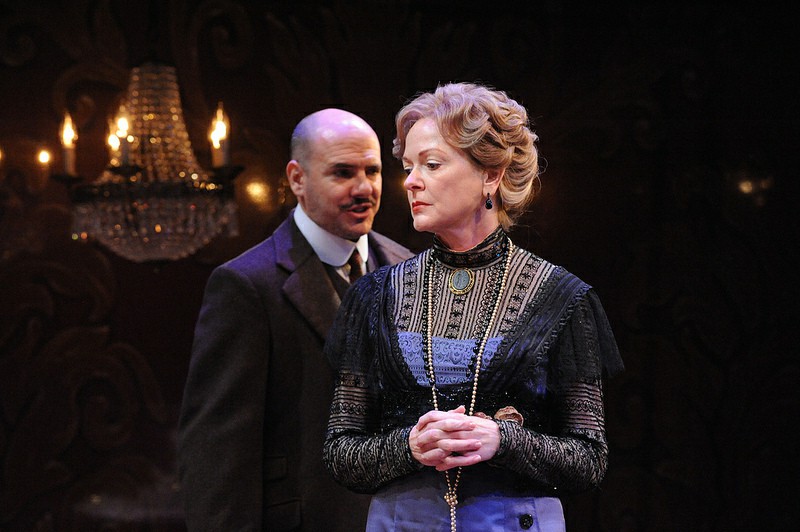
by Jack Gohn | Sep 17, 2015 | The Close Up, Theater Reviews and Commentary
I was struck by how much of the subject-matter of An Inspector Calls resonated today, despite the play being a product of the 1940s set just before the First World War. For instance, there is Priestley’s approach to what we now call a “living wage.” A complementary up-to-date theme is the frequently unconscious nature of privilege. If Noel Coward and Bertolt Brecht had collaborated, they might have given us this very play.
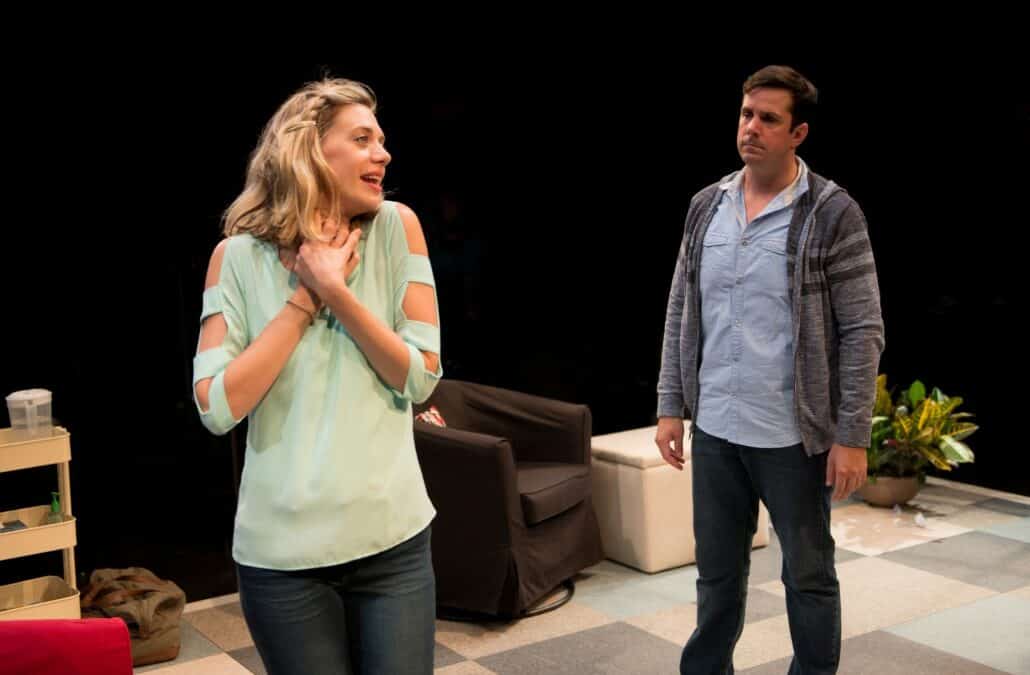
by Jack Gohn | Jul 22, 2015 | The Close Up, Theater Reviews and Commentary
Whitney and Max have been compelled by their mental disorders to turn their backs on the real world, and on the actual human connections available to them with friends and family, to obsess instead about imaginary worlds of their own making. But for each of them, their world, however artistic and creative, is also of a place of some danger. When medicine begins to cure them, they must compare the value of a sane life with love but without creativity and an insane life with creativity but without love.
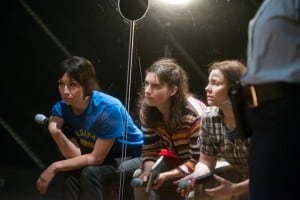
by Jack Gohn | Jul 22, 2015 | The Close Up, Theater Reviews and Commentary
The success of PUSSY RIOT rests upon what author Barbara Hammond gets right. This includes a recreation of an actual Pussy Riot provocation/performance; excerpts from the Russian government’s show trial which rely largely on the actual words of the defendants, lawyers, and judge; and the language and attitudes of the authorities, especially the police and the judiciary, which are notorious. And overarching these, the show nails the crisis of authority and legitimacy for the Russian state and the Russian Orthodox Church a crisis the Pussy Riot protestors helped exacerbate for a while to an acuteness sharper than even the play conveys.
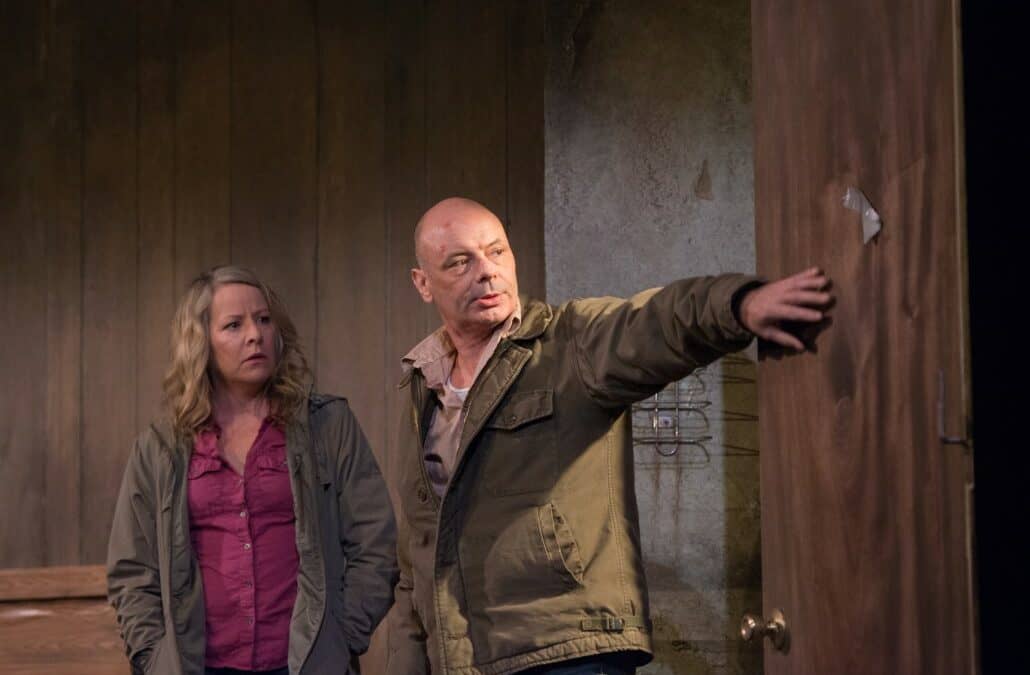
by Jack Gohn | Jul 22, 2015 | The Close Up, Theater Reviews and Commentary
The action, from the shadowy world of religious cults and deprogrammers, takes place in the ruins of a derelict motel, where distraught mother Kate (Tasha Lawrence) has been brought by Stine (Lee Sellars), a supposed specialist in reuniting abandoned parents with cult-brainwashed youngsters. Stine intends (so he says) to abduct Kate’s daughter from the cult’s commune and work with her here. The shockingly scuzzy room tells us immediately is that something is terribly wrong with Kate and Stine’s scheme. So does a financial fact revealed in the early going. In the course of the play, we find out what that something and several other somethings are.






 I lived in London and Vienna before coming to the United States, and grew up mainly in Ann Arbor. I was writing plays and stories as early as grade school. My undergraduate years at the University of Pennsylvania, where I first reviewed theater, for the college paper, were succeeded by graduate study at the Johns Hopkins University, where I earned a doctorate in English Literature.
I lived in London and Vienna before coming to the United States, and grew up mainly in Ann Arbor. I was writing plays and stories as early as grade school. My undergraduate years at the University of Pennsylvania, where I first reviewed theater, for the college paper, were succeeded by graduate study at the Johns Hopkins University, where I earned a doctorate in English Literature.